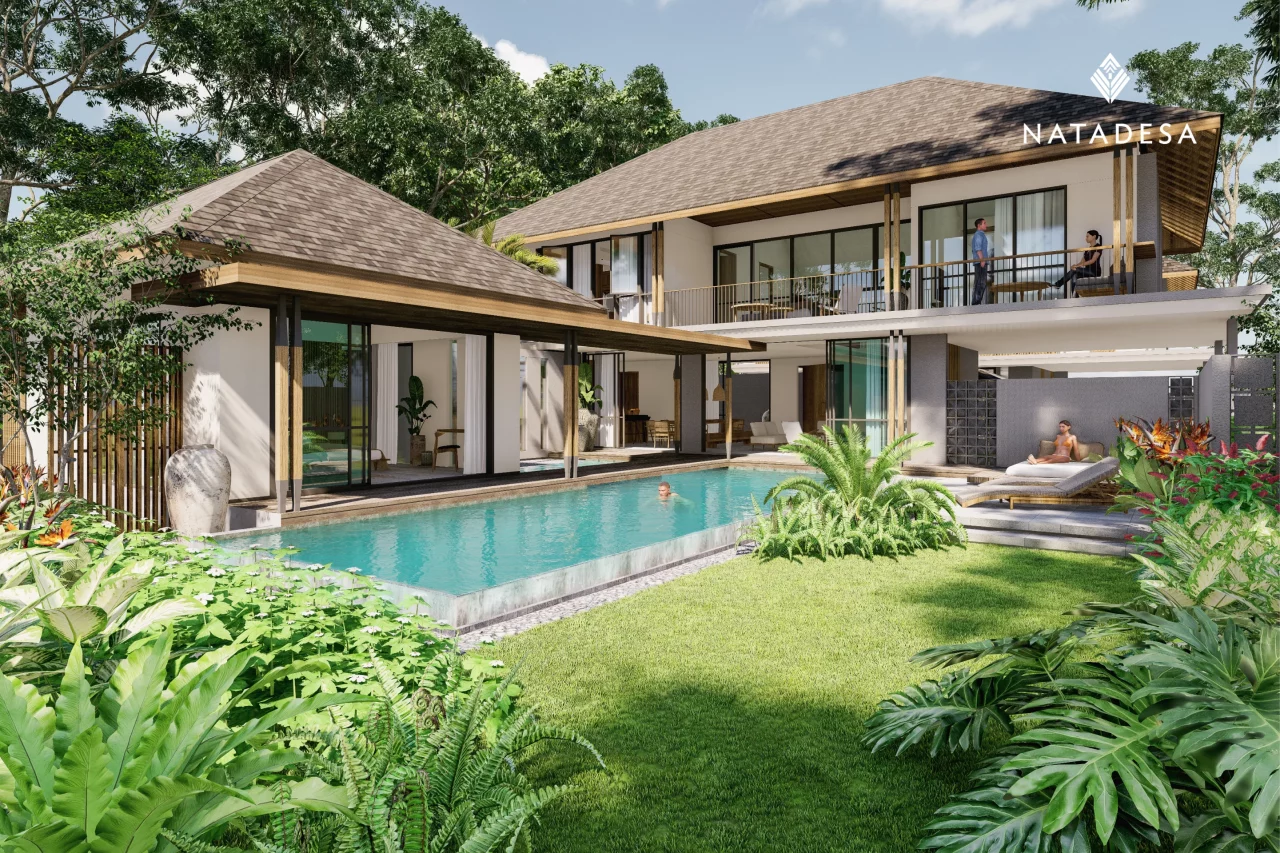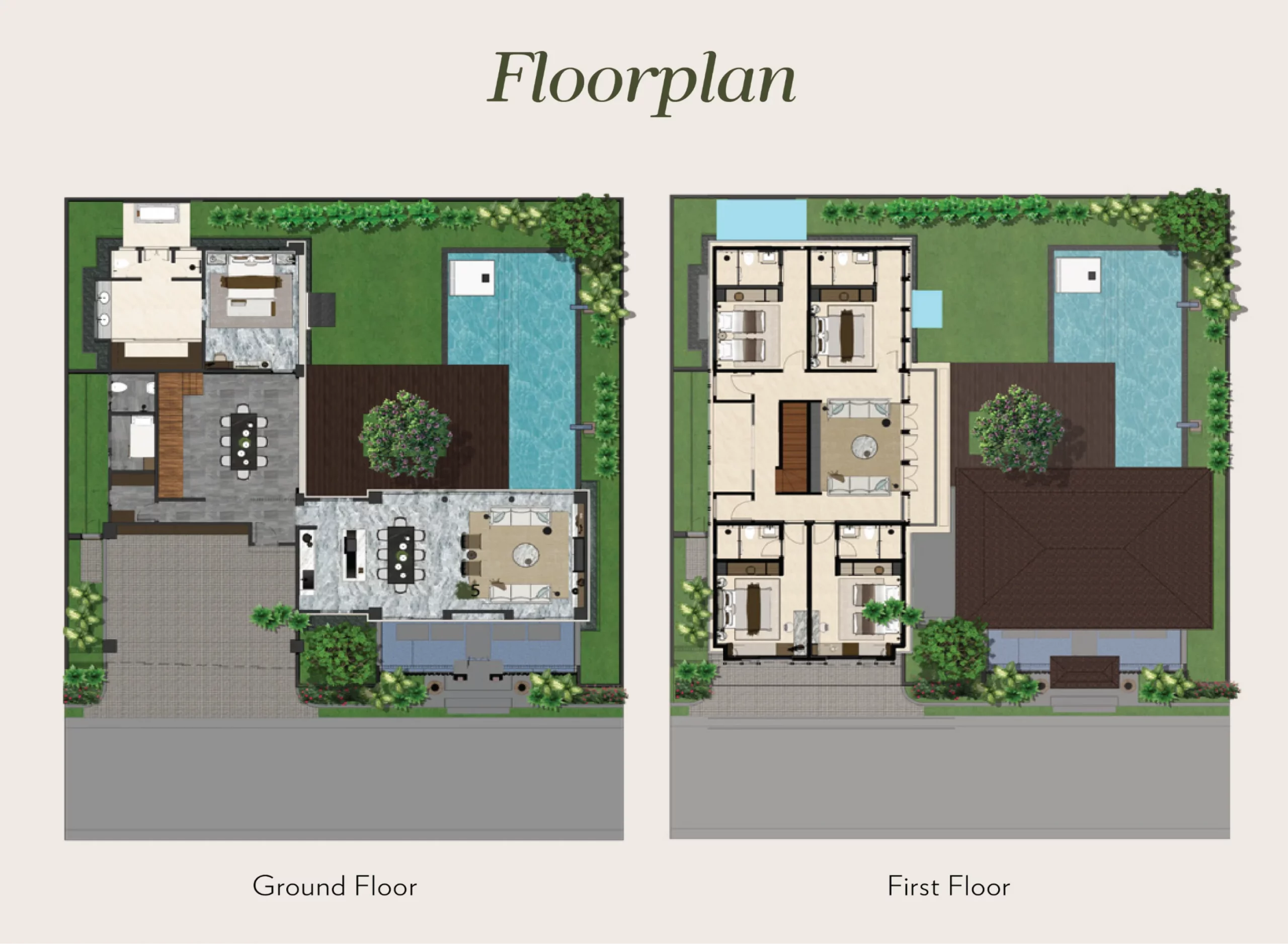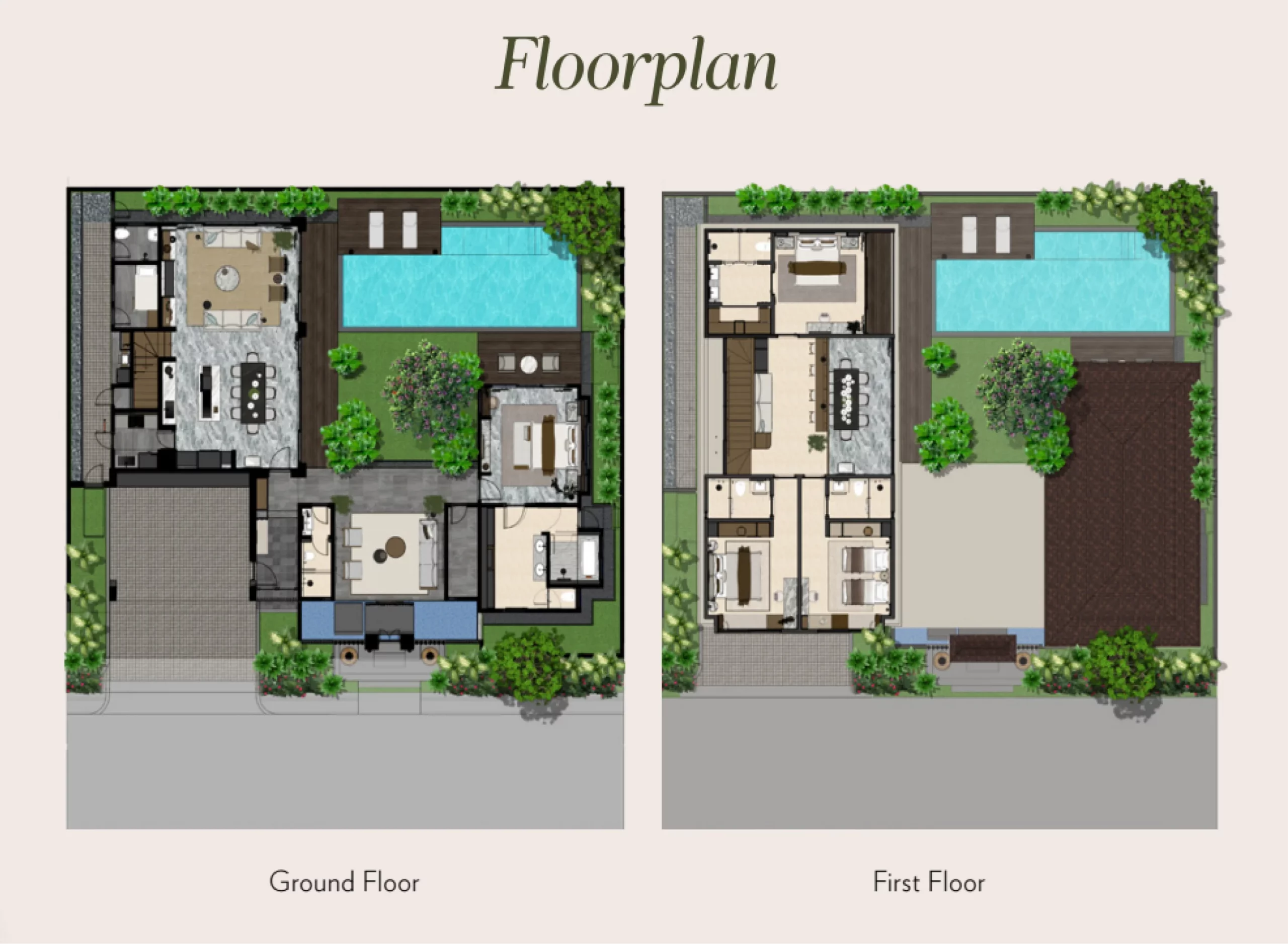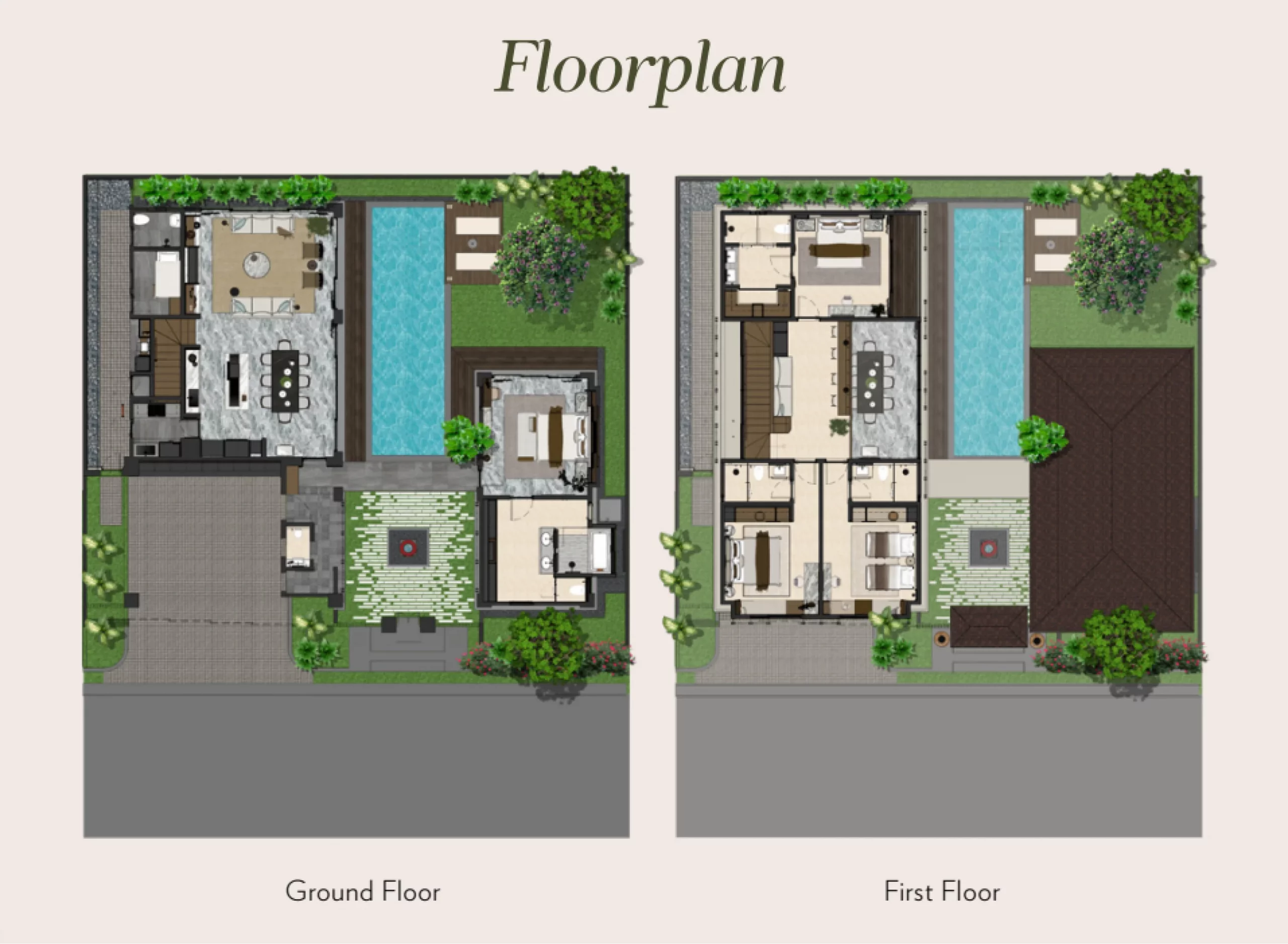The concept of green architecture has become a crucial aspect of contemporary urban planning and design. As our planet faces the challenges of rapid urbanisation, environmental degradation, and climate change, the importance of sustainable building practices is more apparent than ever. The Natadesa Resort Residences stands out as a prime example of how green architecture can be beautifully and effectively implemented. This property is a testament to the commitment to sustainable development, showcasing how environmentally conscious design can be successfully integrated into modern living spaces.
What Is Green Architecture?
Green architecture, often referred to as sustainable or eco-friendly architecture, is a design philosophy that prioritises minimising the negative impact of buildings on the environment. It aims to create structures that harmonise with nature, using resource-efficient and environmentally responsible processes. The essence of green architecture lies in striking a delicate balance between meeting human needs and preserving the ecological integrity of our planet.
The Importance of Green Architecture
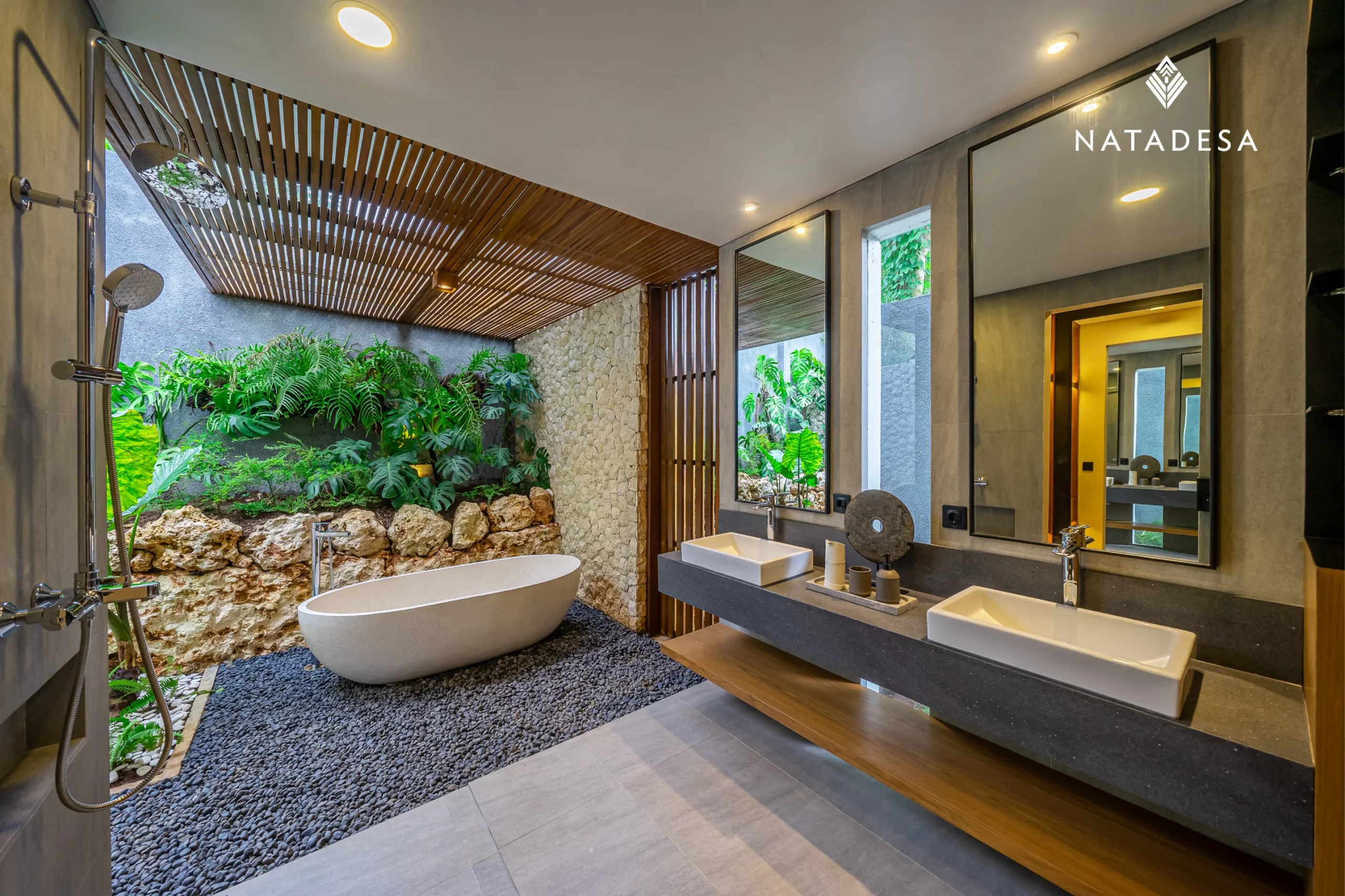

In an era dominated by environmental considerations, embracing the principles of green architecture isn’t merely a trend; it’s an imperative. Since rapid urban development has led to increased carbon footprints, resource depletion, and environmental degradation, green architecture emerges as a solution to confront these multiple environment challenges, marking a significant shift towards a more sustainable future.
Through the reduction of energy consumption, waste minimization, and the integration of renewable materials, these architectural practices play a crucial role in diminishing carbon footprints, preserving natural resources, and cultivating a healthier living environment. This, in turn, will contribute to the creation of a more robust and resilient planet for the long term.
Green Architecture Characteristics
Green architecture is identified by a unique set of features that set it apart from conventional building practices. Key among these are energy efficiency, the use of sustainable materials, optimal water management, and the integration of renewable energy sources. This also involves implementing innovative design strategies, such as maximising natural lighting, installing solar panels, setting up rainwater harvesting systems, and choosing non-toxic, recyclable, and renewable materials.
A key aspect of green architecture is the thoughtful consideration of a building’s environmental impact across its entire life cycle, from initial design to eventual demolition. Embracing these characteristics transforms buildings into more than mere structures; they evolve into custodians of the environment.
Natadesa Property
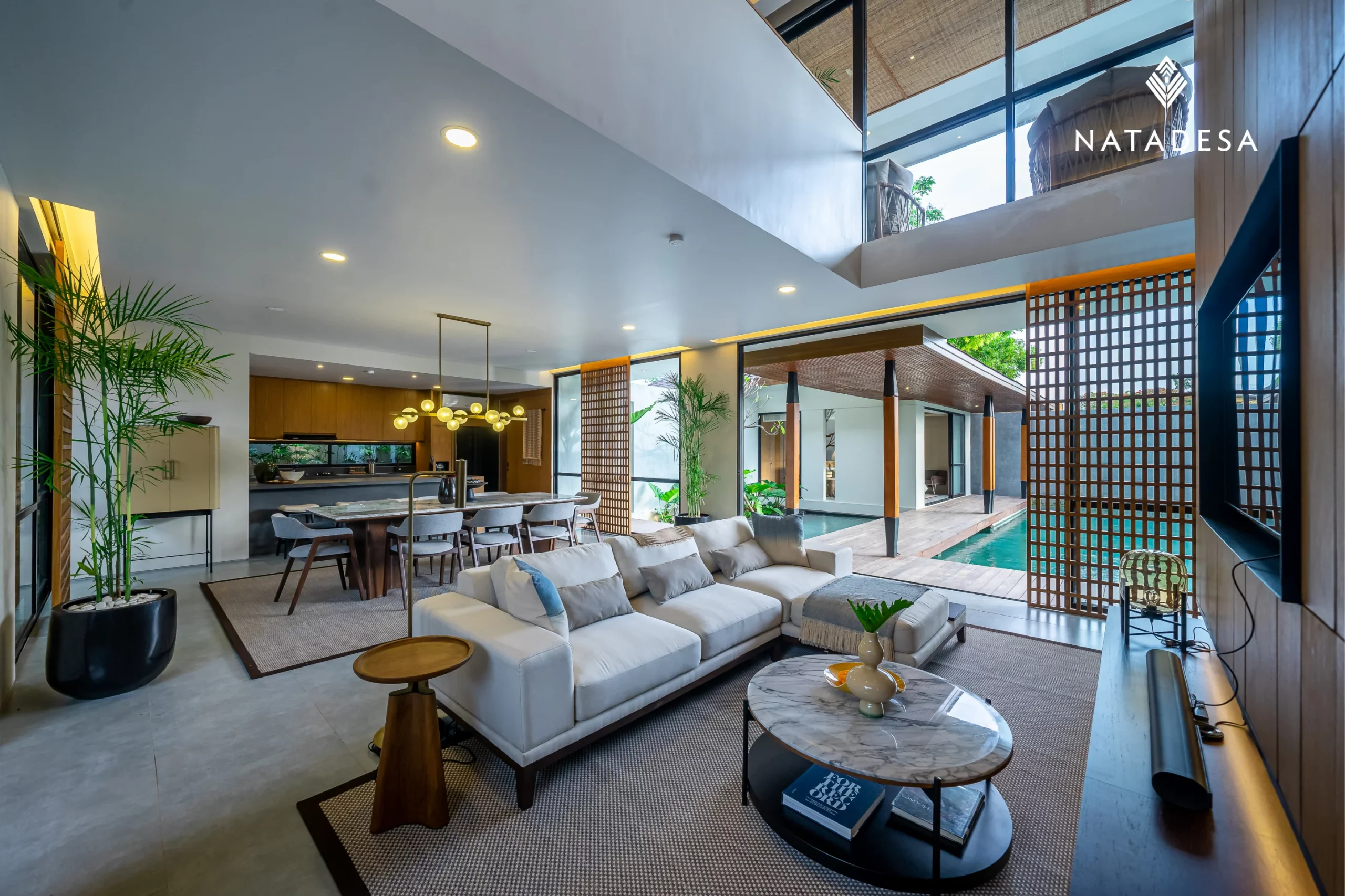

The Natadesa property is a shining example of green architecture in action. Located in a serene environment of Jimbaran Hijau, this property integrates sustainable design principles with innovative technology to create a living space that is both environmentally responsible and aesthetically pleasing.
-
Energy-Efficient Design
The design of Natadesa is deeply integrated with its natural environment, utilising materials that complement the local ecology. By maximising natural light and ventilation, the design reduces the dependency on artificial lighting and air conditioning.
-
Sustainable Materials
In its construction, Natadesa employs eco-friendly local materials, reflecting a strong commitment to environmental sustainability. These materials are not only eco-conscious but also contribute to the durability and longevity of the property, reducing its ecological footprint.
-
Green Concept
Natadesa goes beyond typical construction, cultivating sustainable ecosystems. Thoughtful preservation of green spaces enhances biodiversity, enriching community well-being. Embracing green architecture, Natadesa seamlessly integrates into the broader ecological landscape.
-
Water Conservation
The Natadesa property also features a water recycling system, underscoring its commitment to eco-friendliness. This system effectively reduces waste and conserves this vital natural resource.
-
Healthy Living Environment
By using non-toxic materials and ensuring plenty of natural light and air circulation, Natadesa offers a healthy living environment. This approach benefits not just the environment but also the well-being of its residents, fostering a living space that nurtures both body and soul.
Conclusion
In conclusion, the adoption of green architecture is not a mere trend; it’s a responsibility we owe to our planet and future generations. As we move forward in our quest for sustainable development, Natadesa serves as a shining example of how green architecture can be harmoniously integrated into our living spaces, benefiting both the environment and the people who inhabit it.
To truly experience the beauty of sustainable design, we invite you to visit our show unit and witness firsthand the eco-friendly elegance of Natadesa Resort Residence. Explore a living environment that transcends the ordinary—a testament to our commitment to a greener and more sustainable future.


